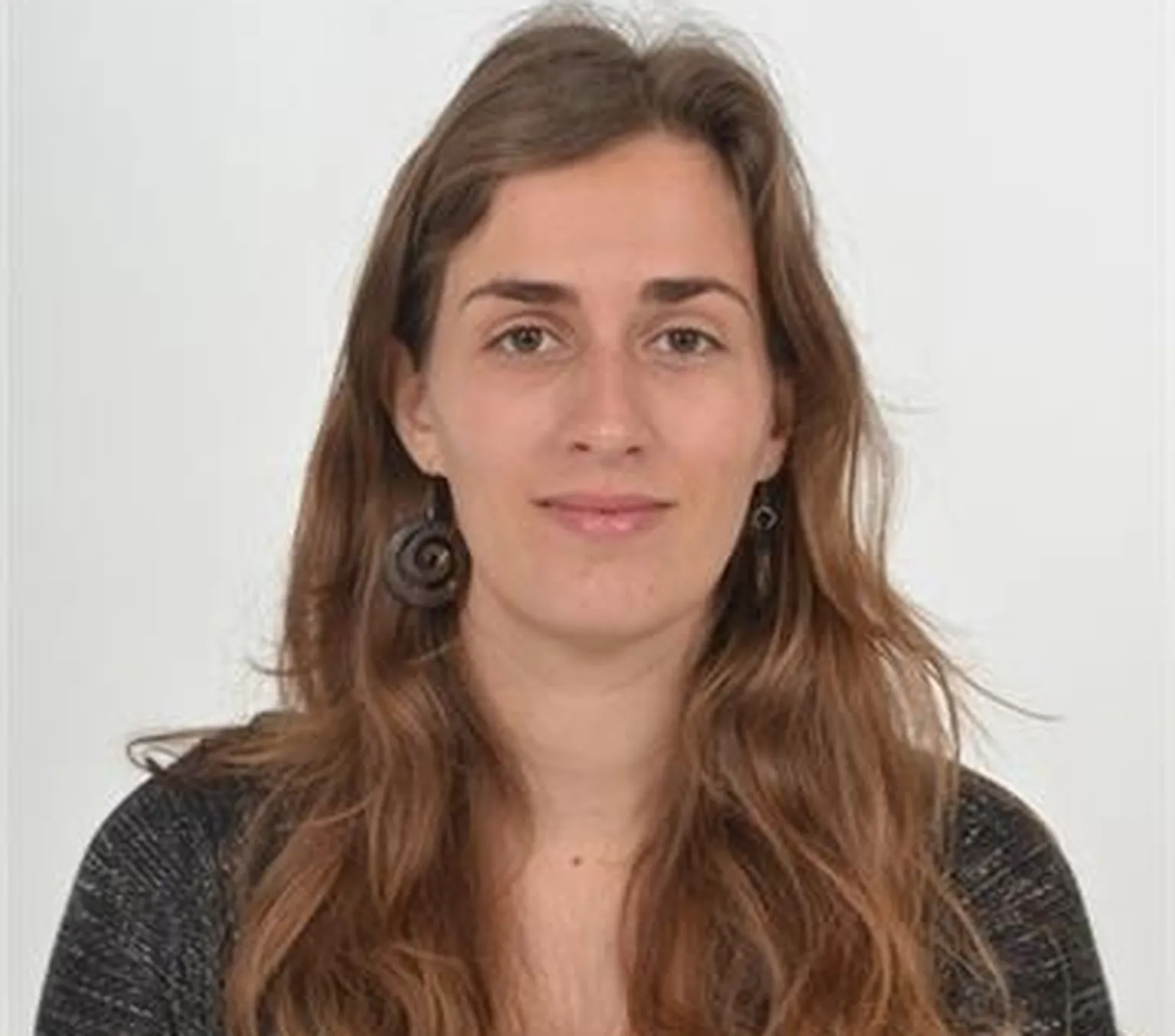Resilient Household Investment Feasibility Assessment
Kenya,
concluded

SNV, in partnership with GAIN & Emory University, will conduct a comprehensive feasibility study in Arid and Semi-Arid Lands (ASAL) and non-ASAL contexts to develop a scalable intervention addressing household resilience, with a focus on protecting children’s health outcomes.
The challenge
In Kenya, 75% of households rely on biomass fuel for cooking, with the traditional three-stone fire being the most common method, contributing significantly to indoor air pollution and posing a major health risk. Ensuring children are born healthy and can thrive in communities and systems that are equipped to prepare, adaptively respond to and recover from shocks and threats is a challenge. This challenge is complex and plays out in the nexus between climate, health, nutrition, Neglected Tropical Diseases (NTDs), and Water, Sanitation, and Hygiene (WASH).
The consortium
SNV, in partnership with The Global Alliance for Improved Nutrition (GAIN) and Emory University, will be implementing the Resilient Household Investment Feasibility Assessment (RHIFA). The feasibility assessment aims to design an integrated project to build household resilience, enabling them to withstand disruptions without compromising the long-term well-being of its members.
Funded by the Children's Investment Fund Foundation (CIFF), the interventions will focus on improving nutrition, increasing access to reliable and clean energy and access to safe clean water at the household level. The study will cover arid and semi-arid Counties of Samburu, Isiolo, Bungoma, Siaya and Homabay.
Our Approach and Results:
The feasibility study, running between January and September 2024, will involve scoping, generating evidence, and designing a proof-of-concept to enhance household resilience, particularly focusing on children’s health. Evidence-based strategies and a human-centred design approach will inform interventions to address immediate health challenges and build long-term adaptive capacity for vulnerable communities in Kenya.
The consortium aims to deliver an integrated package addressing root causes of child mortality and morbidity in a resilient manner, capable of withstanding shocks.






